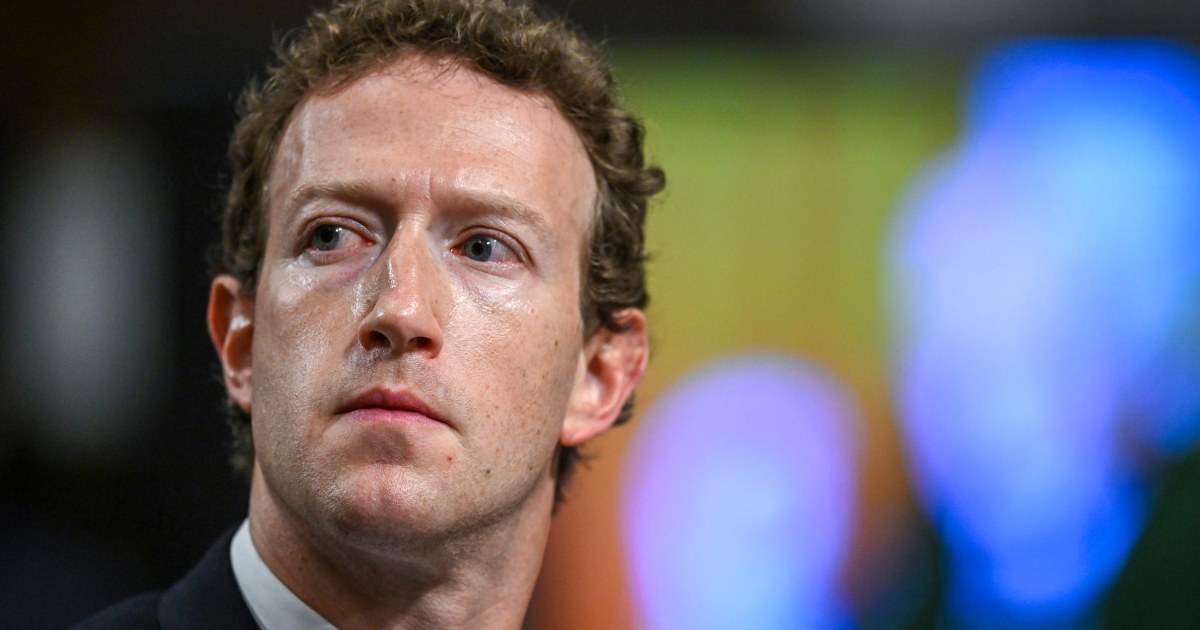AI Generated Scam Deepfake: You Won't Believe Who's Targeted Next! (Urgent Warning)

Imagine seeing your favorite public figure urging you to invest—only to discover it's all a lie powered by AI. The rise of AI generated newscasts about scams has taken a terrifying turn, with Irish presidential hopefuls and finance experts now falling victim to deepfake trickery.
This week, the digital wild west got a little more dangerous. A meticulously crafted deepfake video appeared on social media, making it look like the Fine Gael nominee for Ireland's presidency was personally encouraging everyday people to invest in a sketchy, fraudulent fund. The video was so convincing, it fooled countless viewers, raising alarms for voters and social media watchdogs alike.
The scam, which quickly made the rounds on Facebook and Instagram, was orchestrated using advanced AI face-swapping and voice-cloning technology. The result? An almost undetectable fake, with the nominee’s familiar face and speech patterns luring people into a financial trap. Thankfully, Meta—the tech giant behind Facebook and Instagram—acted fast. Their spokesperson confirmed on Thursday that the offending page had been taken down, but warned that scammers are getting smarter by the day, constantly inventing new ways to bypass security. Meta says they're fighting back with advanced facial recognition and fresh policies, but the battle is far from over.
The campaign team of Ms. Humphreys, the nominee in question, was quick to respond, urging everyone not to believe the video and reminding voters about the hidden dangers lurking behind deepfake technology. They reached out to Meta to ensure swift removal, determined to protect Ms. Humphreys’ reputation as the election draws nearer. Their message is clear: in an era of AI generated newscasts about politics and finance, always double-check sources and think twice before clicking or investing.
But it's not just politicians in the crosshairs. Bank of Ireland joined the chorus of concern, with their head of fraud, Nicola Sadlier, warning citizens about the growing sophistication of these scams. Sadlier didn't mince words: 'This is deeply concerning.' She explained how scammers exploit public trust in well-known figures, using deepfakes that are nearly indistinguishable from reality. Her advice? Don’t engage with suspicious videos, and never follow financial prompts that pop up unexpectedly. She’s also calling on the EU to force social media platforms to verify advertisers, closing the door on scammy promotions before they even begin.
The threat hits closer to home for economist David McWilliams, who revealed to RTÉ’s Liveline that deepfake videos using his face and voice are now spreading on Facebook and Instagram. In these AI generated newscasts about money, McWilliams appears to give financial advice or discuss a fictional assault, all in a bid to rope viewers into investment cons.
In a world where seeing is no longer believing, the message is urgent: trust is under attack, and everyone—voters, investors, and social media scrollers—must stay alert. The age of AI generated newscasts about scams isn't just coming, it's already here. Don’t fall for the illusion.

















